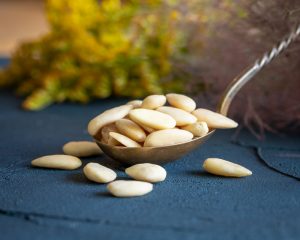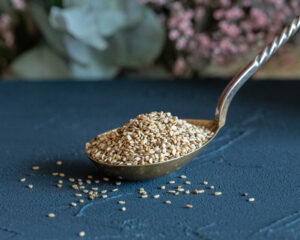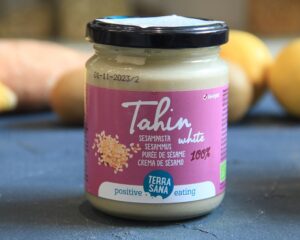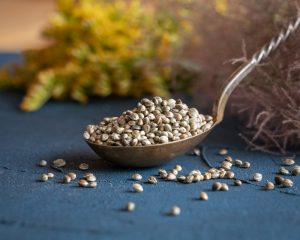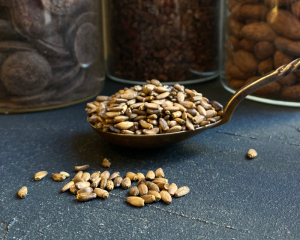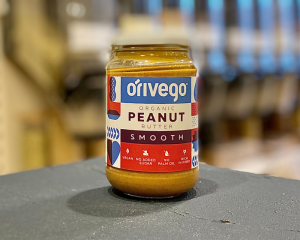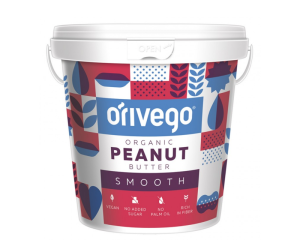Organic peanuts
From 1.19€
Peanuts (botanically a legume, but most commonly classified as a nut) are rich in fat, protein, vitamin E, folic acid and other important and healthy nutrients that are good for our bodies.
These legumes have been studied to help treat many health problems such as skin problems, hair problems (hair loss), memory loss, diabetes and many others.
They must be soaked in water and the skin removed before eating.
It is important to note that peanuts can cause digestive problems and accumulate toxins in the body if eaten in excess. They are not recommended for people with digestive problems.
The health benefits of peanuts:
-Peanuts are an excellent source of fat for vegetarians and the fat in peanuts is more valuable than animal fat because it contains mainly unsaturated fatty acids, which lower blood cholesterol.
-More protein than meat, fish products and eggs.
-Peanuts are rich in B vitamins, especially vitamin B3, which need to be obtained regularly from food as the body does not store them. Vitamin B3 deficiency can cause memory problems, sleep disturbances, lack of energy, skin inflammations, particularly sensitive skin in the mouth, and punctures of the mucous membranes of the mouth and tongue.
-Peanuts are an excellent source of manganese, a deficiency of which causes abnormal cholesterol metabolism, inhibits hair and nail growth, impairs glucose tolerance and causes hormonal changes that can lead to infertility.
-Peanuts are rich in vitamin E. Vitamin E deficiency causes cardiovascular disorders, increases liver obesity, breast and skin cancer risk and slows the progression of cataracts.
NOTE. The information provided here should not be considered as advice on treatment or other health issues. We encourage you to make personal health decisions based on your personal experience and taking into account different sources of information.
100% organic peanuts
Energy value 2456 kJ / 593 kcal
Fat 49,2 g
- of which saturates 6,3 g
Carbohydrate, excluding fibre 7,6 g
- of which sugars 4,7 g
Fibre 8,5 g
Protein 25,8 g
Salt 0,05 g
Store in a dry, cool and dark place.



